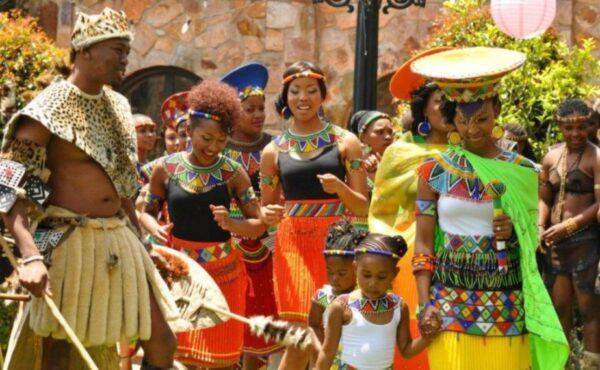Lifestyle
9 traditions South Africans might need to let go

While South Africa is rich in cultural heritage and diverse traditions, not all customs have aged well in the context of a modern, democratic society.
Some practices, though rooted in history, no longer serve the well-being, equality, or rights of individuals.
In fact, certain traditions may reinforce harmful stereotypes, inequality, or even endanger lives.
It’s important to distinguish between preserving cultural identity and holding on to customs that may do more harm than good.
Below are some outdated traditions that many believe South Africans should consider letting go of—or at the very least, reforming:
1. Ukuthwala (Bride kidnapping)
This involves abducting a girl or woman for marriage, sometimes without her consent. Although some see it as cultural, it violates personal freedom and consent.
2. Witchcraft accusations and vigilante justice
Accusing people (often elderly women) of witchcraft can lead to social ostracism or violence. Such beliefs fuel harmful practices and human rights abuses.
3. Forced initiation practices (especially unsafe Xhosa initiation)
Some initiation rites involve dangerous practices without proper medical care, causing serious harm or death. There’s a growing call for safer, voluntary rites of passage.
4. Patriarchal gender roles
Traditions that strongly limit women’s rights or reinforce gender inequality are increasingly questioned as South Africa pushes for gender equity.
5. Harmful rites involving animal sacrifice
While animal sacrifice has spiritual meaning for many, animal rights concerns and health risks have sparked debates about modifying these practices.
6. Polygamy without consent
Although polygamy is legal and cultural in some communities, it must respect the rights and consent of all involved. Non-consensual or forced arrangements are problematic.
7. Male dominance in family decision-making
Traditional norms that give men full authority over family choices often exclude women and youth from having a voice.
8. Ignoring mental health in traditional healing
Sometimes traditional healers do not acknowledge or address mental health issues adequately, which can delay proper treatment.
9. Excessive lobola (Bride price) expectations
While lobola is important culturally, unrealistic demands can put financial pressure on families and delay or complicate marriages unnecessarily.









